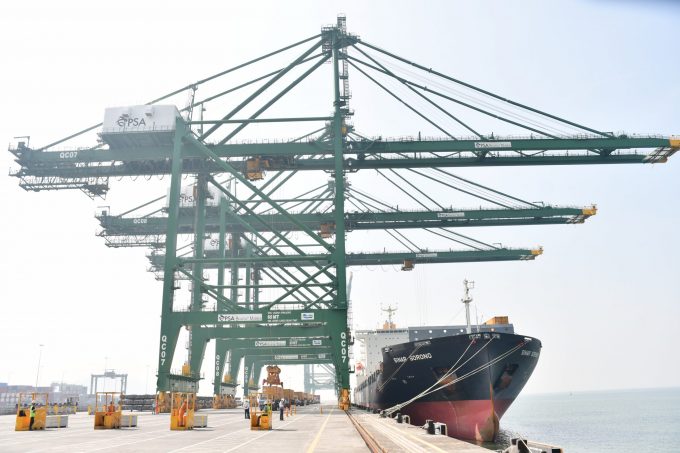Cambodia-Thailand spat sees land border closed, but ports remain open
Cambodia and Thailand’s ocean-based trading links appear to have remained open, despite a deteriorating political ...

Maersk has implemented a flurry of port call changes as its ships take longer voyages around southern Africa in the wake of the Red Sea crisis.
On the Indian leg, the rejigging has also meant some terminal changes, with the potential to drive market share swings ...


Comment on this article